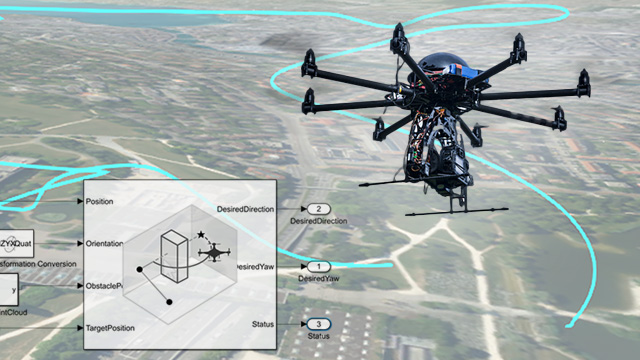הרשמה – הסתיים
הזמנה לסמינר בנושא:
AI for Industrial Processes and UAV Systems
22.9.2022, בין השעות 8:30-12:00, מלון ליאונרדו, רחובות
הנך מוזמן/ת לסמינר, למהנדסים ומפתחים – בו תוכל/י ללמוד על תכן, סימולציה, בדיקות ומימוש של מערכות מבוססות AI, תוך התמקדות בתהליכים תעשייתיים ומערכות UAV.
עם הידע שירכש ביום זה ניתן יהיה להתחיל לעבוד בצורה יעילה ואיכותית יותר ולקבל רקע רחב בכלים שהפכו לסטנדרט בתעשייה וישרתו אותך בעבודתך היומיומית.
במסגרת סמינר זה:
- נערוך היכרות עם יישום אלגוריתמים ומודלים של בינה מלאכותית בפשטות וביעילות
- נלמד על גישת Data-Centric AI שצוברת תאוצה בקרב קהילת המפתחים, ונראה כיצד ניתן ליישם אותה כדי לשפר את ביצועי המודלים
- נדגים כיצד ניתן:
- להשתמש ב- Machine Learning ו- Deep Learning עבור בדיקה חזותית אוטומטית רציפה בזמן הייצור במטרה למצוא פגמים
- לבצע אבחון רציף ומקדים של זמן האחזקה המדויק של המכונות תוך שימוש בגישת אחזקה חזויה (Predictive Maintenance)
- להשתמש בנתונים מחיישן LiDAR על מנת לשפר את יכולות התפיסה המרחבית של מערכות UAV
קהל יעד
- מהנדסים, מפתחים וחוקרים בתחום AI העוסקים בתחום הייצור התעשייתי
- מהנדסים, מפתחים וחוקרים בתחום AI העוסקים בפיתוח מערכות UAV
- כל משתמשי MATLAB המעוניינים להיחשף או להרחיב את הידע שלהם בתחום AI
- חוקרים באקדמיה
- כלל העוסקים בתחומי Machine Learning, Deep Learning ו-Predictive Maintenance

